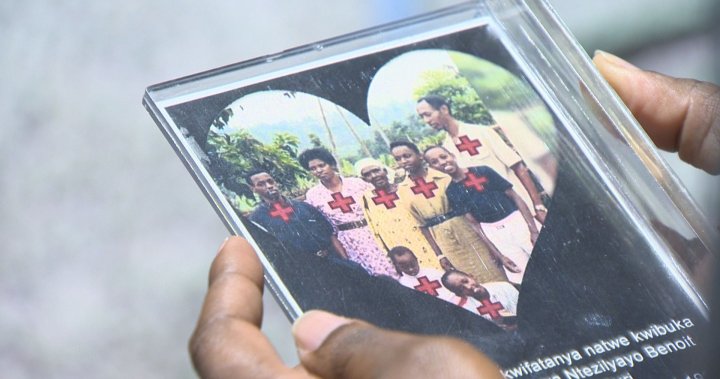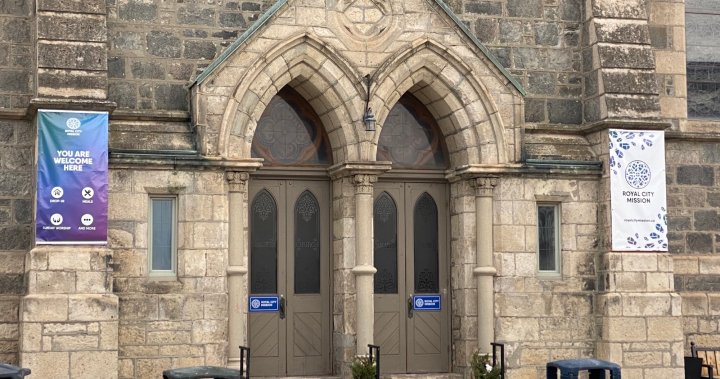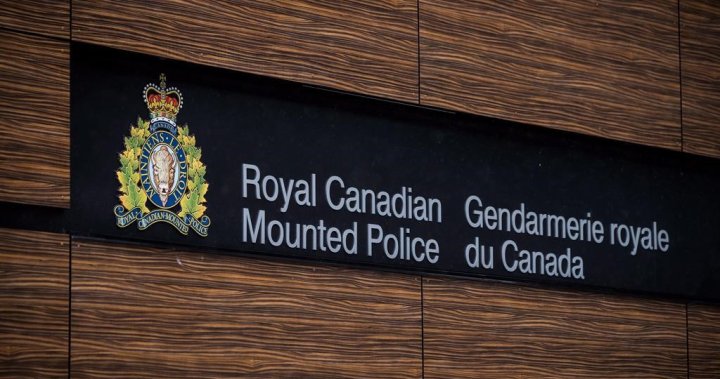As commemorations for the 30th anniversary of the genocide in Rwanda continue, many survivors in Montreal are reliving some of the trauma they experienced.
“There’s always something new that comes every year to bring you back to the bad memories and bring you down,” Odile Sanabaso told Global News.
At nine years old she survived the massacre of nine members of her family when Hutu extremists slaughtered some 800, 000 Tutsi, in a mass murder campaign that lasted 100 days.
Despite the pain, Rwandan groups in Montreal, including PAGE Rwanda, are holding events over the next month, to make sure people don’t forget, and honour those killed.
“If our story can help others not to go through what we went through, our community went through, I think already it’s a step,” observes PAGE Rwanda spokesperson, Sandra Gasana. “It’s our contribution to the society.”
One thing survivors like Philibert Muzima are struggling with, though, is how to pass on the story to their kids when parents like him are still hurting. The 55 year-old lost several siblings and his parents, and still has a scar at the back of his neck where he says he was hacked with a machete during the slaughter.
Breaking news from Canada and around the world
sent to your email, as it happens.
“I can’t tell them now what happened,” he points out. “They can’t understand, and I don’t have the exact words to transmit memory without transmitting trauma and hate.”
His strategy is to write stories in a book so that his kids can read when they’re older. Sanabaso tells her young kids very vague snippets about what happened to her and her family, but worries how she’ll handle it as they get older.
“I don’t know yet how I’m going to go about it,” she admits, “but it’s definitely hard to tell to kids without the anger.”
Susan Solomon co-directed Après Coup, a documentary looking at the experiences of survivors of the Holocaust and the genocide in Rwanda. She sees one commonality between the the groups.
“They both didn’t have graves for their parents and so they had to build their lives around a big empty void,” she observes.
It’s why some believe there should be a memorial built in Canada for the Rwandan genocide.
“A memorial site where survivors and non-survivors can be united,” Muzima reasons.
Sanabaso agrees and reasons that it’d also be a way for Canada to acknowledge what happened to some of its citizens.
“I’m a Canadian like any other Canadian who lived different things,” she stresses,” and, like First Nations and others, I have baggage that I’m carrying.”
She believes erecting a memorial in Canada would be a way to show that the country is helping her to carry that burden.
“It would feel like Canada has my back,” she says.
© 2024 Global News, a division of Corus Entertainment Inc.




